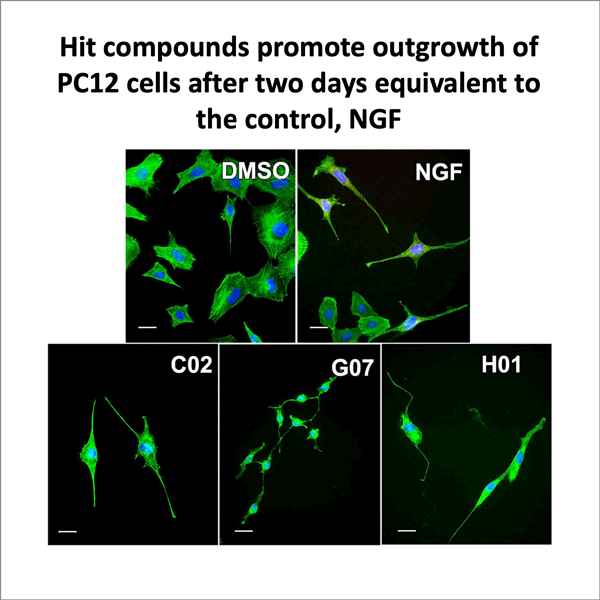
Atomwise scientists are using machine learning to help University of Alberta researchers find compounds that have the potential to regrow damaged nerves. Nerve damage is a common problem following injury in neurological disorders, but regrowing […]
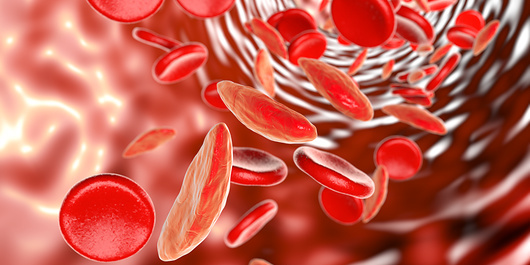
Until recently, a diagnosis of sickle cell disease was considered a death sentence. Now, people with this blood disorder are more likely to live well into adulthood, but they still suffer from severe bouts of pain and an increased risk of infection.
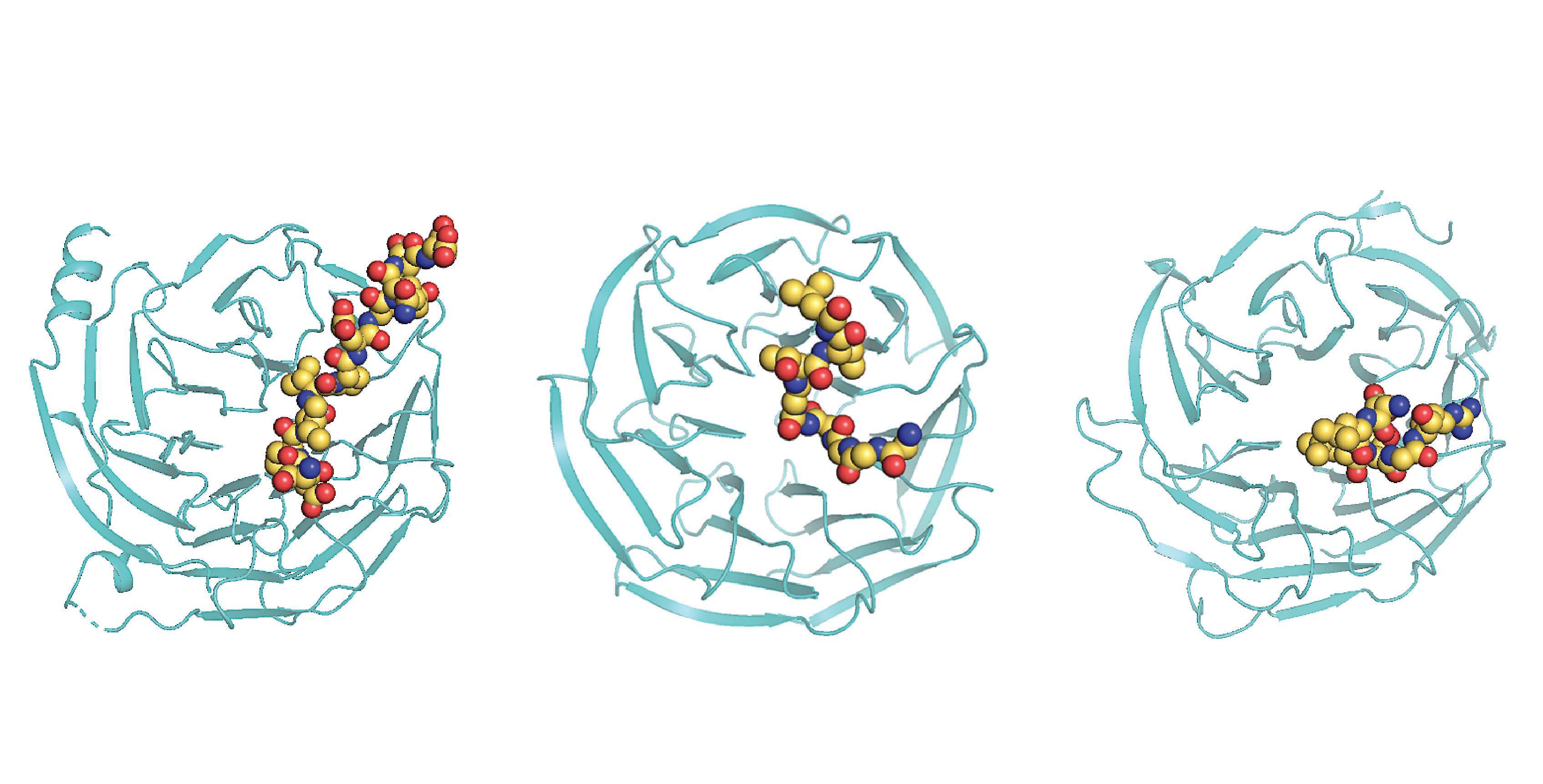
Atomwise's AIMS Award program supports the under-studied WDR proteins to fuel future drug discovery efforts Back in 2004, some of the world’s leading protein scientists and structural biologists teamed up to form a public-private partnership focused […]
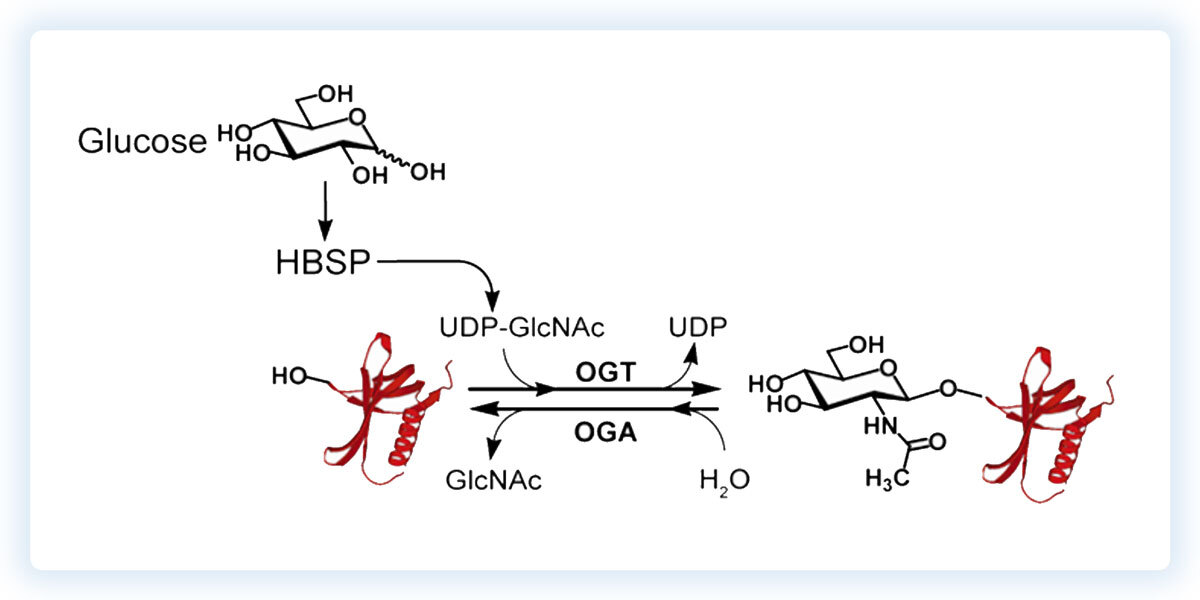
Matt Alteen is used to convincing people that sugars do more than we once thought. While most of us associate carbohydrates strictly with diet and nutrition, scientists like Alteen are working to show that these natural compounds have a much broader […]
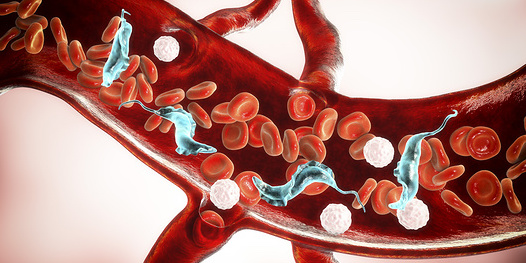
At the Drugs for Neglected Diseases initiative (DNDi), Ben Perry has an enviable position. A medicinal chemist by training, Perry now works with leading pharmaceutical companies and academic labs around the world. He also gets to try the latest […]
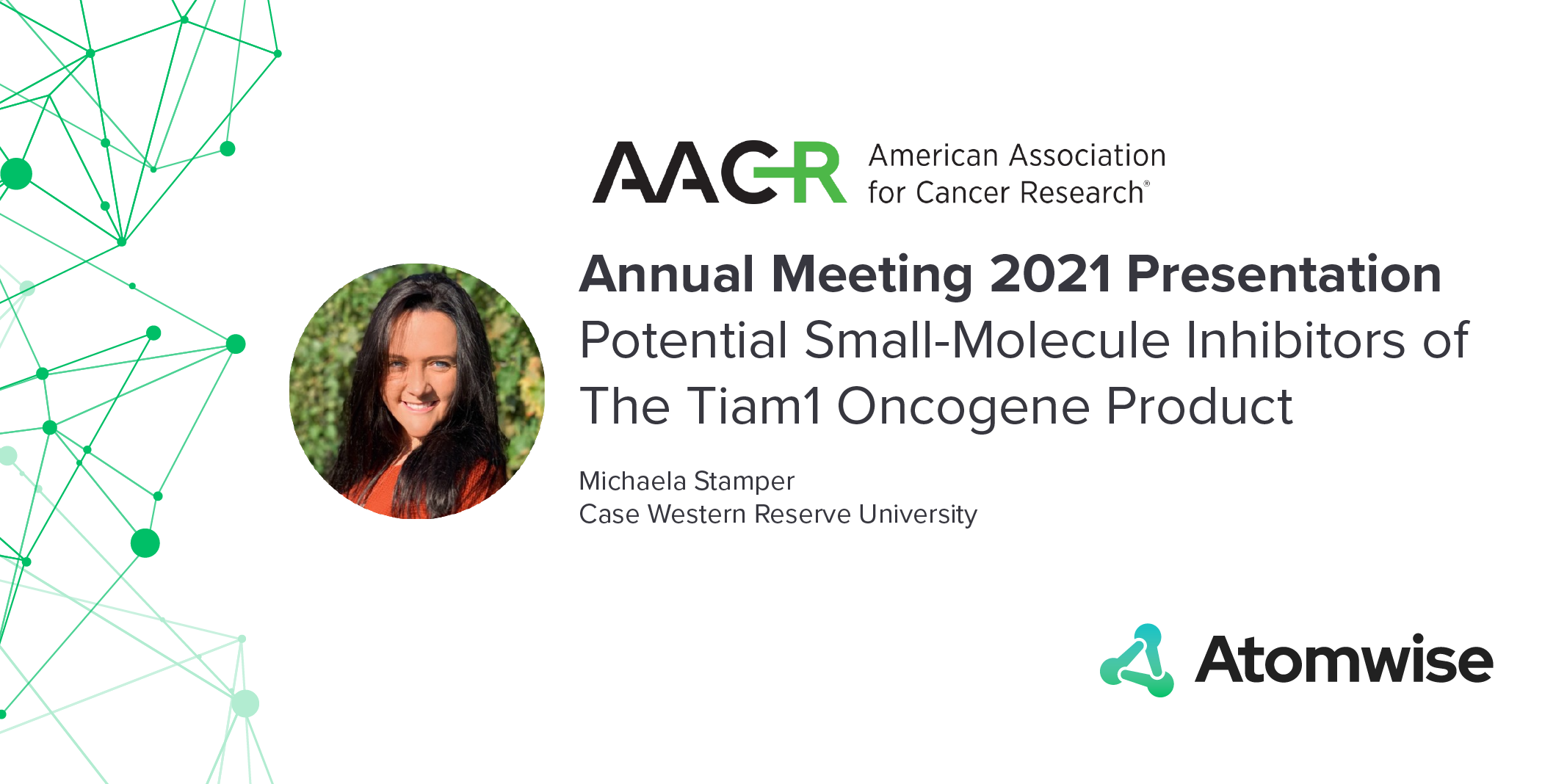
At the American Association for Cancer Research Annual Meeting 2021, the abstract for the research program between Case Western Reserve University School of Medicine and the Case Comprehensive Cancer Center, Ursulain College, and Atomwise […]
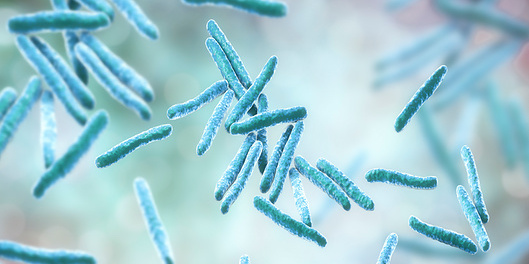
With as many as 2 million people dying each year from tuberculosis, there’s a crying need for better treatment options. Current therapy regimens involve a long and complicated combination of several drugs that many patients never complete, leading […]
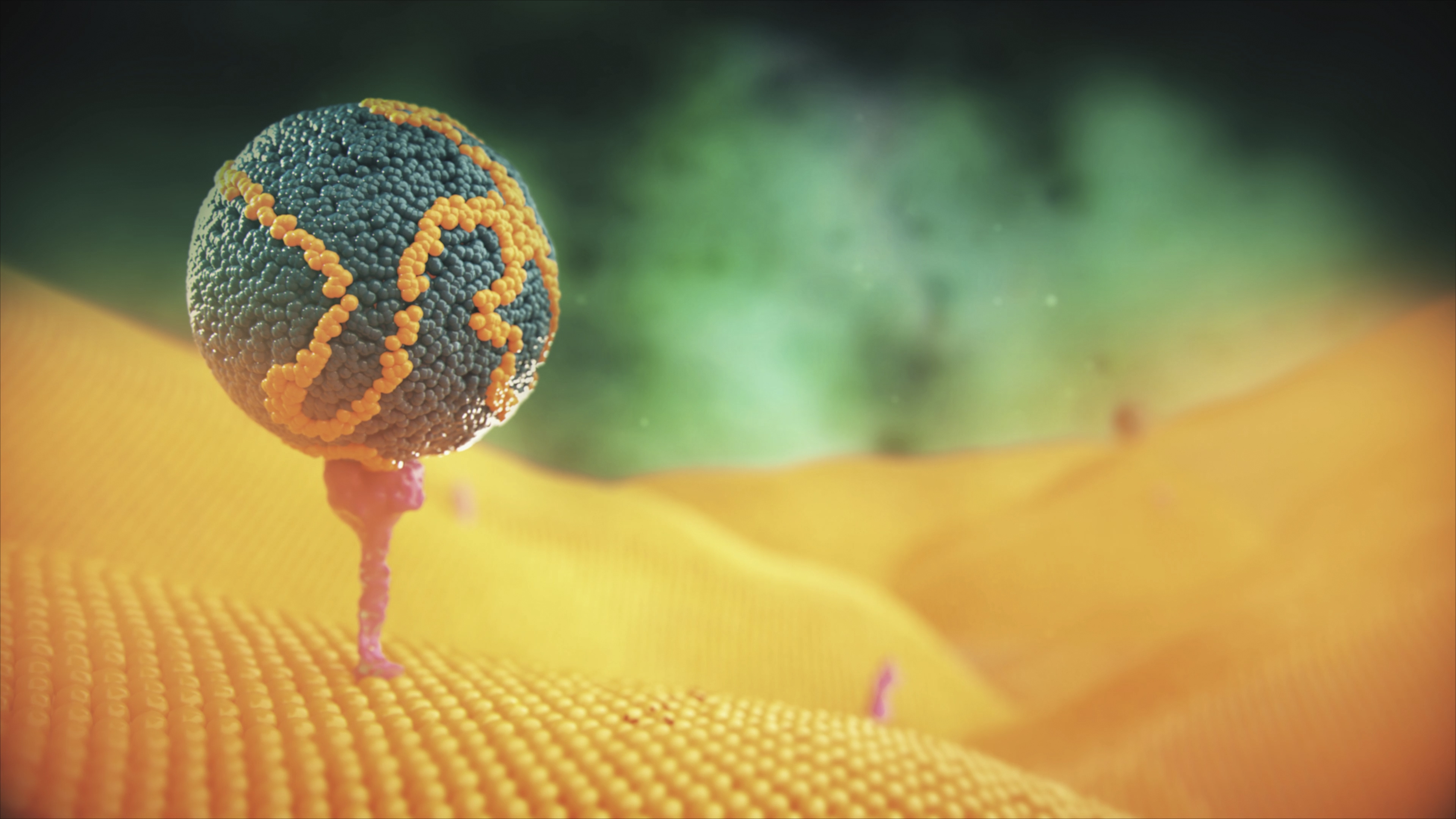
Since the 2003 discovery that the PCSK9 protein played a key role in regulating metabolism of low-density lipoprotein (LDL), pharmaceutical companies have poured resources into targeting it for cholesterol management. There has been some success […]
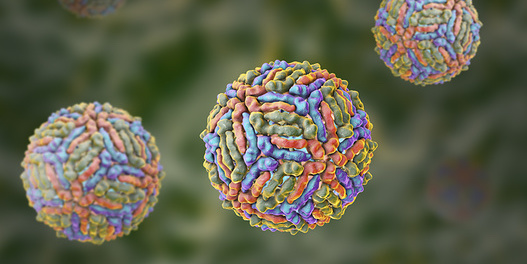
Long before SARS-CoV-2 triggered the worst pandemic most of us have ever experienced, Nito Panganiban was concerned about the ability of RNA viruses to leap from animal reservoirs into the human population. In the past century, there have been more […]